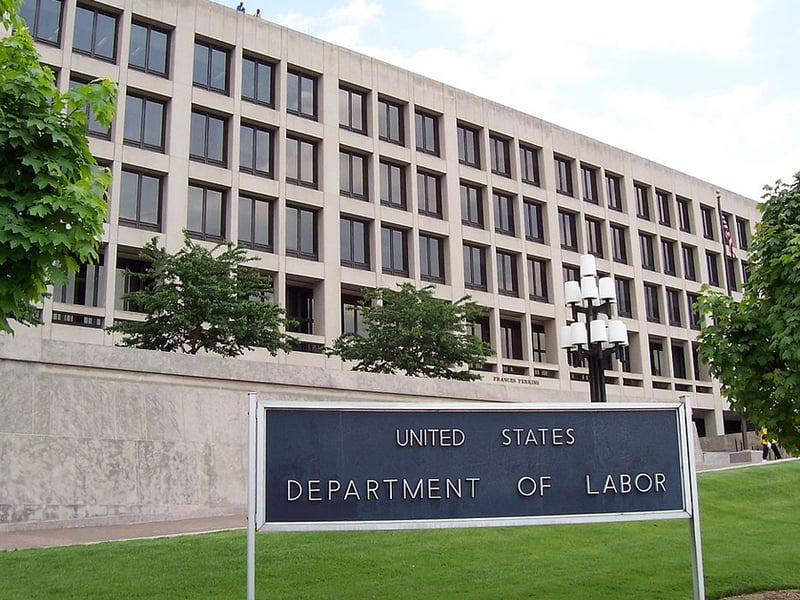The Department of Labor's proposal to encourage broader use of digital disclosures for 401(k) participants isn't digital enough, according to industry firms and trade groups.
Specifically, these stakeholders said that the DOL's proposed rule — which was
issued Oct. 23 — should do more to accommodate existing and emerging digital technologies and that, as drafted, it represents an approach that's too reliant on paper.
The
proposal would allow employers sponsoring 401(k)s and other defined-contribution plans to default participants with valid email addresses into receiving all their retirement plan disclosures digitally instead of on paper, as has been the traditional route. Such disclosures include fee disclosure statements and summary plan descriptions.
Participants can opt out of e-delivery if they prefer paper notices. Retirement plans could satisfy their obligation by making disclosures available online and notifying participants the disclosures are available on the internet. That notice must be sent each time a plan disclosure is posted to the website.
The ERISA Industry Committee, a trade group for large employers, said that it agrees with the goal of expanding electronic delivery but that the DOL's proposal "is still a paper-oriented approach."
"It treats paper as the default because the plan administrator cannot rely upon the website posting until it has established an electronic address for the participant," the group said in a comment letter about the proposal. "In an electronic orientation, the website posting should be the default until the plan receives notification that the participant wants to opt into paper."
[Recommended video: Carrie Schwab-Pomerantz: The power of creating financial accessibility]
ERIC's letter was one of roughly 460 the Labor Department received during a 30-day comment period on the proposal, which ended Friday.
The proposed rule covers the roughly 700,000 retirement plans subject to the Employee Retirement Income Security Act of 1974.
TIAA, among the largest record keepers of DC plans, also thought the electronic disclosure proposal didn't go far enough. The company requested that the Labor Department "accommodate existing and emerging technologies" beyond the use of email addresses, smartphone numbers and internet addresses.
An example of such flexibility, according to TIAA, would be a participant using a multimedia voice assistant like Amazon's Alexa. A plan administrator such as TIAA could send a voice alert informing participants that a new document is available on the internet.
"We see emerging technologies moving away from traditional approaches such as desktop or laptop computers in favor of smartphones and voice assisted devices," TIAA said in its comment letter.
The American Council of Life Insurers, a trade group representing insurance companies, many of which are retirement-plan record keepers, took issue with the DOL's allowing participants to pick and choose which disclosures they'd like to receive digitally and which they'd like to receive as paper documents.
"This 'pick and choose' approach is unusual in the financial services industry and will increase — not reduce — the costs and burdens associated with the furnishing of ERISA-required disclosures," according to ACLI's comment letter.
For the most part, industry firms — especially record keepers, who stand to benefit most from a disclosure framework less reliant on paper — support the Labor Department initiative. They claim it will reduce costs, make it easier for participants to receive plan information, offer greater privacy protection and encourage greater interaction with disclosures via hyperlinks to other relevant information.
However, not all groups
support the measure.
AARP, the trade group representing retirees, submitted comments that were critical of the proposal, saying significant expansion of digital delivery goes against consumers' actual preferences to receive information about "complex financial issues" on paper.
The group also believes the DOL approach allows for shady compliance practices.
"The Department acknowledges that this may lead to less information for certain populations. The proposal goes so far as to allow for the creation of email addresses or phone numbers to deliver digital documents, without requiring this to be disclosed," AARP spokesman David Nathan said. "This proposal is not what people saving for retirement need or want to be able to monitor and manage their retirement security."







